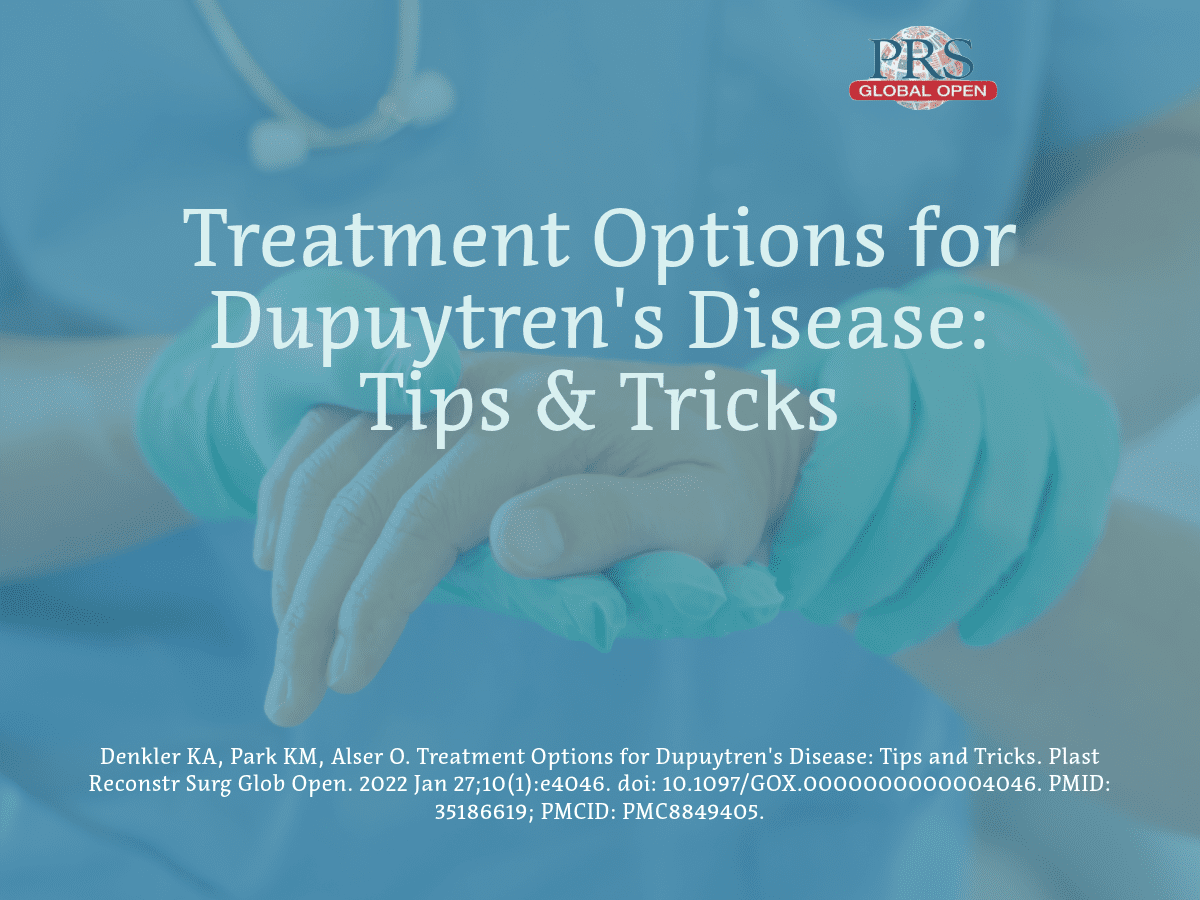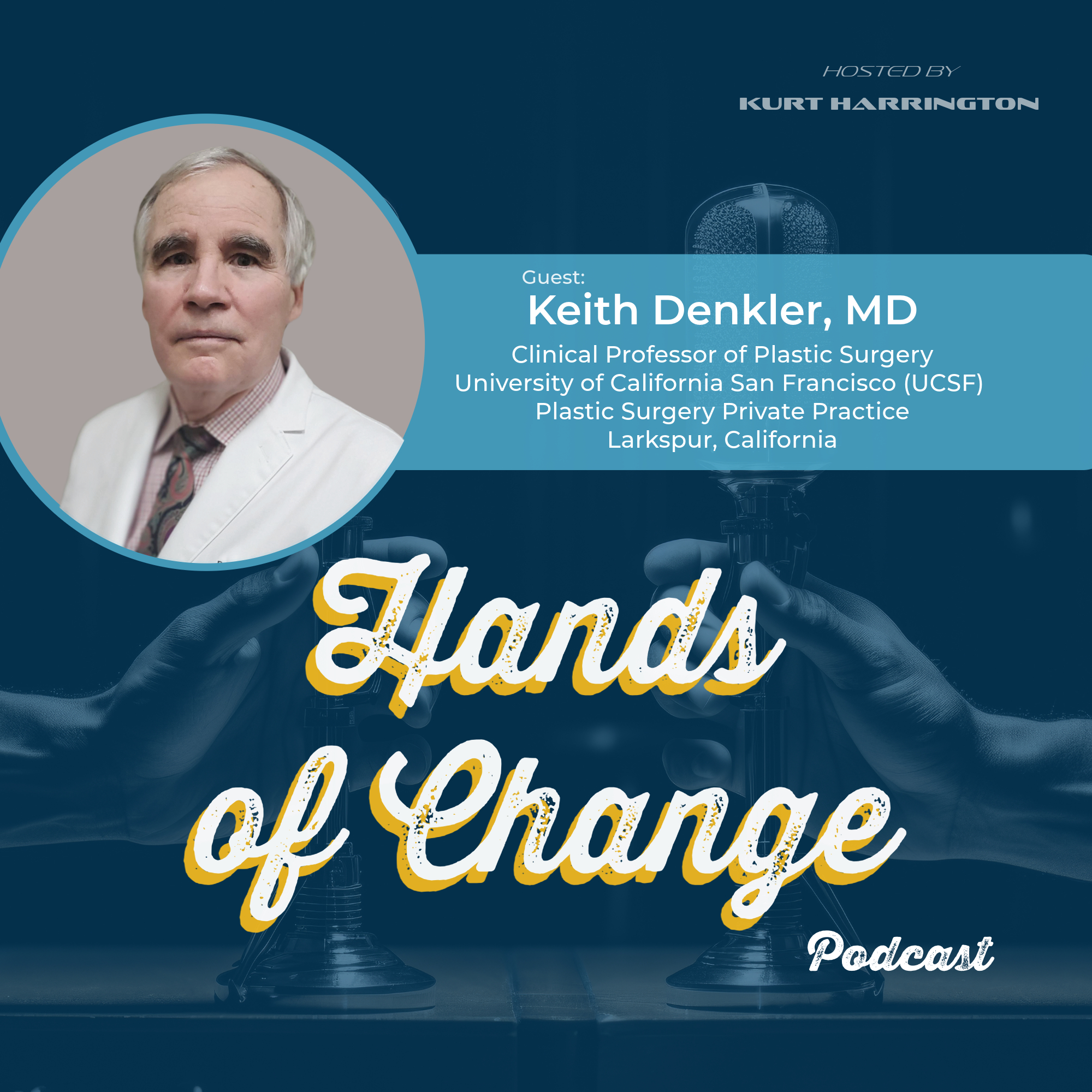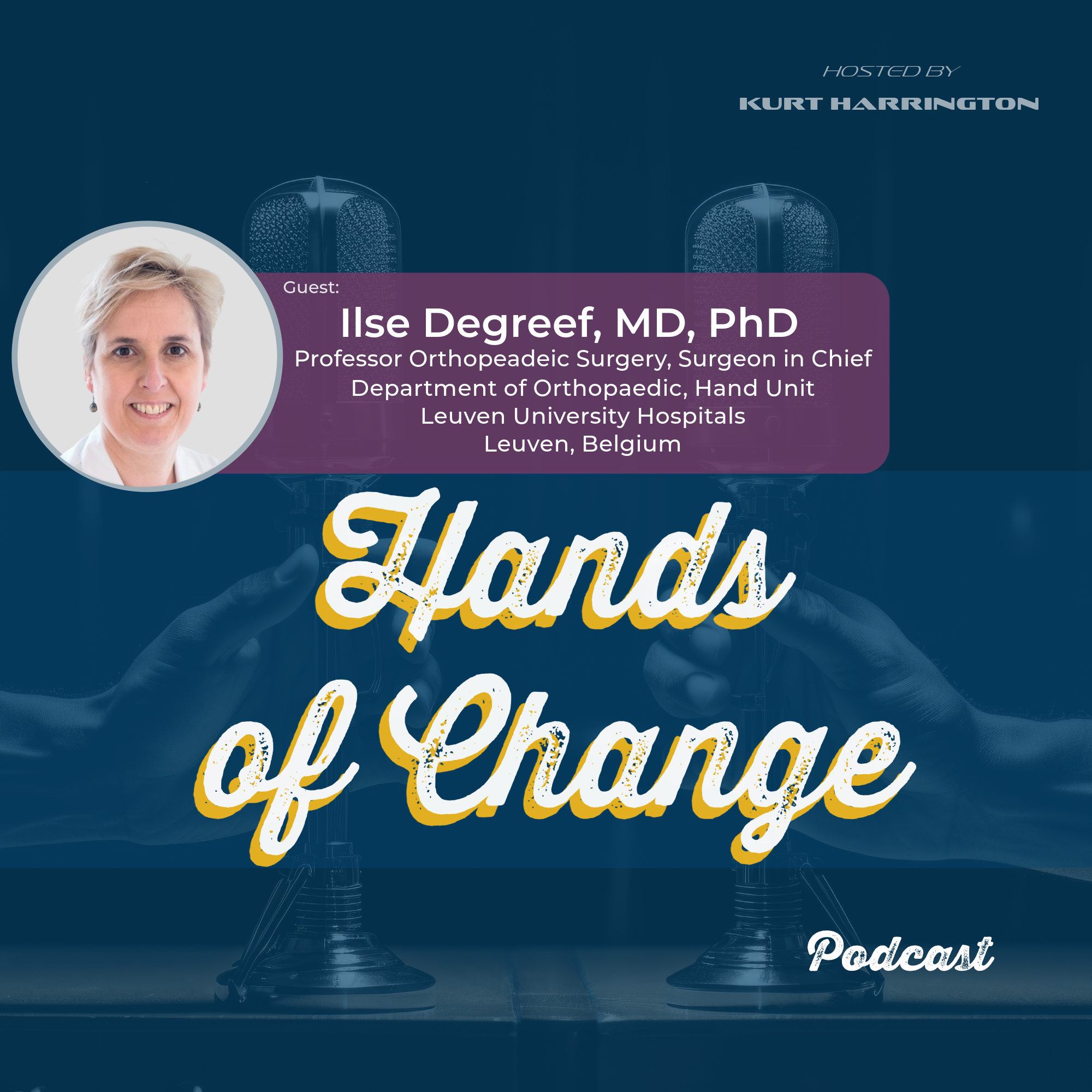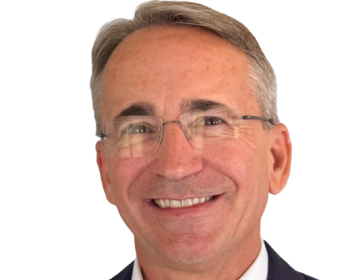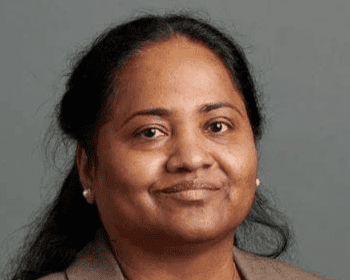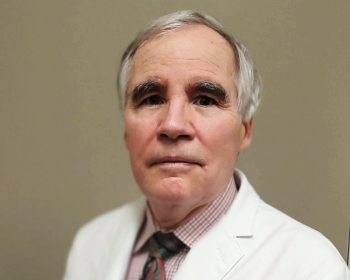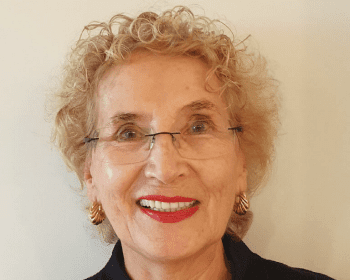Keith A Denkler 1, Keon Min Park 1, Osaid Alser 2
Denkler KA, Park KM, Alser O. Treatment Options for Dupuytren’s Disease: Tips and Tricks. Plast Reconstr Surg Glob Open. 2022 Jan 27;10(1):e4046. doi: 10.1097/GOX.0000000000004046. PMID: 35186619; PMCID: PMC8849405.
Affiliations
- 1Dept. of Surgery, Division of Plastic Surgery, University of California San Francisco, Calif.
- 2Massachusetts General Hospital, Harvard Medical School, Boston, Mass.
Abstract
Dupuytren’s disease (DD) is a common fibroproliferative condition of the hand.
Methods: Management of DD includes observation, non-operative management, and operative management. Operative treatments include percutaneous needle fasciotomy (PNF), open fasciotomy (OF), Clostridium collagenase histolyticum (CCH) injections, limited fasciectomy (LF) and dermofasciectomy (DF). The various methods of DD treatment are reviewed.
Results: We summarize the highlights of each treatment option as well as the strengths and weaknesses. PNF has an immediate improvement, but a higher recurrence rate, potential problematic skin tears, and rare tendon or nerve complications. Limited fasciectomy removes the thickened, diseased tissue but has a more prolonged recovery and has a higher rate of significant complications. Dermofasciectomy has the highest complication rate, and the lowest recurrence. Also, secondary fasciectomy after a previous dermofasciectomy has an unexpected amputation rate as high as 8%. Collagenase injections require two visits, have an increased number of minor side effects such as skin tears, and have rare but significant side effects such as tendon rupture.
Conclusions: This article gives an overview of different treatment options for DD and each of their strengths and weaknesses and provides procedural tips.
Copyright © 2022 The Authors. Published by Wolters Kluwer Health, Inc. on behalf of The American Society of Plastic Surgeons.

